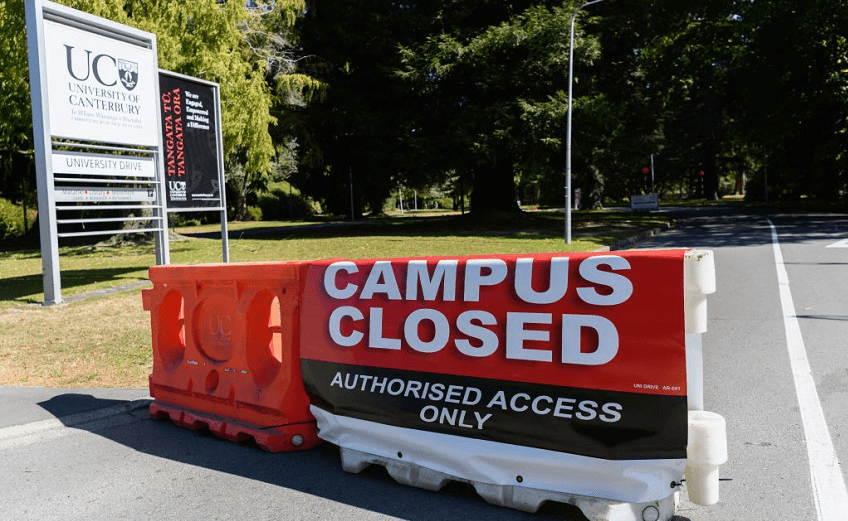Students are confused, uncertain and stressed by a flurry of institutional changes, writes Isabella Lenihan-Ikin, president of the NZ Union of Students’ Associations.
In the last week, several universities have faced heavy criticisms from staff and students about their decisions to shift learning and teaching wholly or partially into online learning environments ahead of semester two. For students, distress was only compounded by the timing of the announcements: during the exam period – the busiest weeks of the academic calendar for students – and only weeks away from the beginning of the second semester.
This comes after a semester-worth of what look to students like volatile decisions from our tertiary institutions, leaving them confused, uncertain and stressed about their study. It has undermined the collective identity of the student community and feeds the impression that students have become commodified within the system.
Students are not averse to online teaching per se. In fact we are incredibly supportive of classes being made available online. However, this must be in addition to physical and immersive learning experiences held on campus. Looking back at recent history, it has been students’ associations that have been campaigning for our tertiary institutions to make all course material and lectures available online. With the majority of students also working alongside their studies and health (physical and mental) pressures as well as family commitments preventing students from being able to attend all of their classes, lecture recordings and online course material are a necessary ingredient of an accessible and inclusive tertiary education system.
The campaigns that students’ associations have run to introduce mandatory course recording policies have until recently, however, been met with tough resistance. We were told that due to the cost of the recording technology and the fact that students learn better in physical environments, watching classes online was not to be encouraged. It is safe to say that our universities and polytechnics have changed their perspectives rapidly.
Students have grown used to having decisions made about us, without us, with tertiary institutions assuming they are experts in the student experience. However, with all due respect, the issue of online teaching is not an issue that we will let our institutions speak for us on or label us as being resistant to change.
Online teaching and learning prevents students from building authentic and lasting communities. Many students, especially those in their first year, have said that it has been incredibly hard and exhausting to build rapport with their classmates and make friends over Zoom or Messenger, as they have been required to do during this semester. Although many students are “digital natives”, connected more than ever through technology, many have said that they found studying online lonely and isolating. This is consistent with findings in the Alone Together Report of the Helen Clark Foundation, which shows that even before the Covid-19 lockdown, we were experiencing an epidemic of loneliness among young people. Shifting students away from lectures and campuses, into the depths of their dark and cold flats, that they can’t afford to heat, is not the solution.
Furthermore, having online teaching without the accompaniment of physical teaching creates barriers for students who don’t have access to devices or adequate internet connection. Although the government contributed $20 million towards a Technology Access Fund, which provided students with access to devices they needed to continue studying during the Covid-19 lockdown, this was never intended to be a permanent fix to the technological inequality that already existing among tertiary students.
Online learning is even harder for practical or “hands-on” courses from trades and apprenticeships to journalism, film and medicine. If online learning does prevail, then it will see more students learning how to film videos on their phones, instead of with industrial and state of the art equipment they pay thousands of dollars to use, like one cohort of AUT students experience during lockdown.
Covid-19 has presented a once-in-a-generation opportunity to have authentic and visionary discussions about the future of tertiary education in Aotearoa New Zealand. However, lasting and transformative change is not to be rushed or imposed onto people. Nor is it to be dreamed up by a small group of senior leaders within our universities and polytechnics, who think they know what is best for their students, apparently without even asking them. Decision-making in diverse communities requires authentic representation and consultation, and it begins with students having seats at the table.

